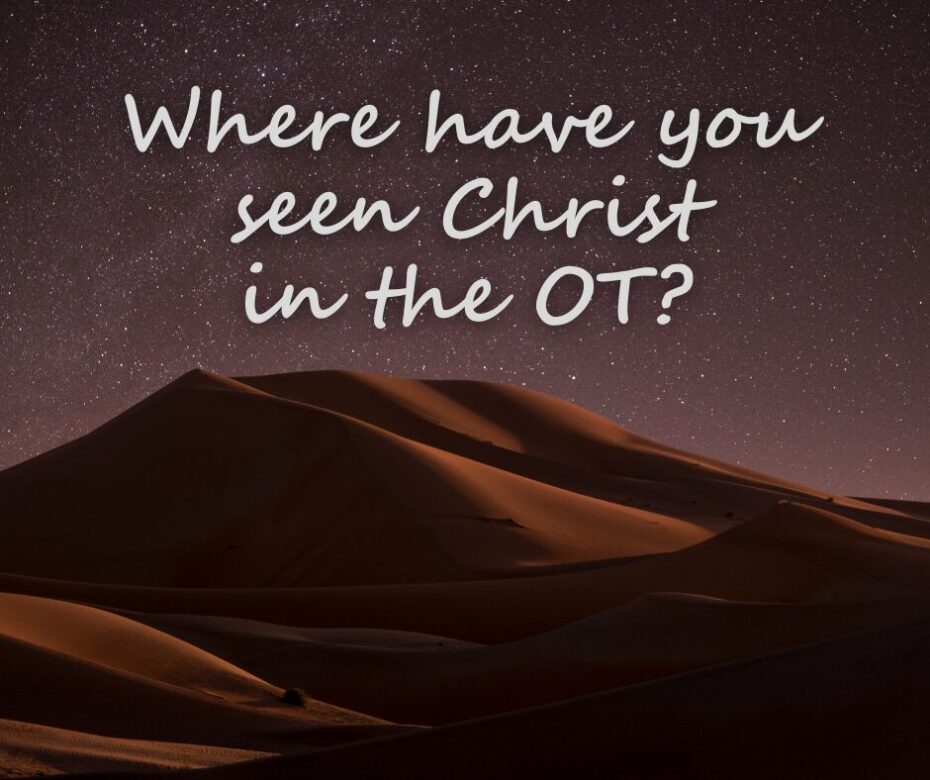Lord willing, and if He doesn’t take us to be with Him first, I’m looking forward to the OT commentary that GES is in the process of producing. It is scheduled to be published in the not-too-distant future. I’m anxious to see where the various authors believe Christ, grace, and rewards are found in the books of the OT.
Many years ago, in the first Bible church I attended, I got a preview of such an OT occurrence. An elder was teaching through the little book of Haggai. When he came to Haggai 2, he explained that the Jews had just returned from seventy years of captivity in Babylon. They were poor and dejected. But Haggai and other prophets had told them to rebuild the temple that had been burned to the ground around seven decades earlier.
They didn’t have much money, so they couldn’t make the temple as luxurious as they would have liked. There were a few Jews who had seen the previous temple, and they were depressed by this new version. The former one, built by Solomon, had been a source of national pride. Large quantities of gold and silver had been used in its construction and furnishings, and it had at one time been the greatest building on earth. The one the returning captives built was pitiful by comparison.
But Haggai says something to the people that I’m sure few believed at the time. He gives them two promises. First, he says that the pathetic temple they had built would be greater in glory than the previous one. Second, Haggai says that God would bring peace to that place (Hag 2:9).
What did Haggai mean by these two promises? I think there are two common views (and I am sure there are more) among conservative Evangelicals regarding Haggai’s prophecy of the greater glory of the rebuilt temple. One is that the prophecy refers to the temple that will be built during the millennial kingdom. The temple the people built in Haggai’s day will be replaced by a greater one. Many good Bible teachers take this view. My biggest problem with this view is that Haggai said it was that temple that would see a greater glory than Solomon’s. He wasn’t talking about another temple that would replace the one in his day.
The other common view is a better option. The greater glory refers to Christ. When He came to Israel, Jesus walked and taught in Haggai’s temple. In Mark 11:15–12:44, for example, Jesus cleanses the temple and teaches in it. That temple saw and heard His glory.
I have heard good teachers remark that the presence of Christ in the temple did not fulfill Haggai’s prophecy. They say that Haggai spoke of a greater glory than the people of Jesus’ day witnessed when they saw Him in the temple. I know what these teachers mean, but I disagree. I think that seeing Christ in His Incarnation would be the greatest glory that could possibly fill that building (John 1:14).
The promise of peace in that building is probably easier to interpret. Whether the glory refers to Christ during His earthly ministry, or to the millennial temple, He is the One who will bring peace to Jerusalem. Jerusalem was the home of Haggai’s temple and will be the capital of the Lord’s kingdom. In Haggai’s day, Jerusalem was in turmoil. Christ will bring eternal peace to it.
The first few times I read Haggai, I don’t think I saw Christ in Haggai 2. Maybe you’re like me. I’m looking forward to the OT commentary to see many other places where I missed Him (Luke 24:27). I bet I’ll be surprised and thrilled at the same time.


